The life of the motor is inextricably related to its insulation material
Insulation is an important component of motor products. The special cable itself, windings and transformer cores, winding phases, and turns all use different insulation materials. The insulation structures used in motor windings are very different, and the insulation materials used are very different. For example, the insulation materials commonly used in low-voltage motors and high-voltage motors are very different.
The main function of insulation is to separate the wires in different parts of the motor so that the current can flow in the expected direction. As a relatively weak part of the motor, many problems occur in the insulation part. Therefore, the quality of the insulation material is key. It should have excellent polarization properties, high insulation resistance and compressive strength; it must have good temperature resistance and will not be affected by Prolonged heating may cause performance changes.
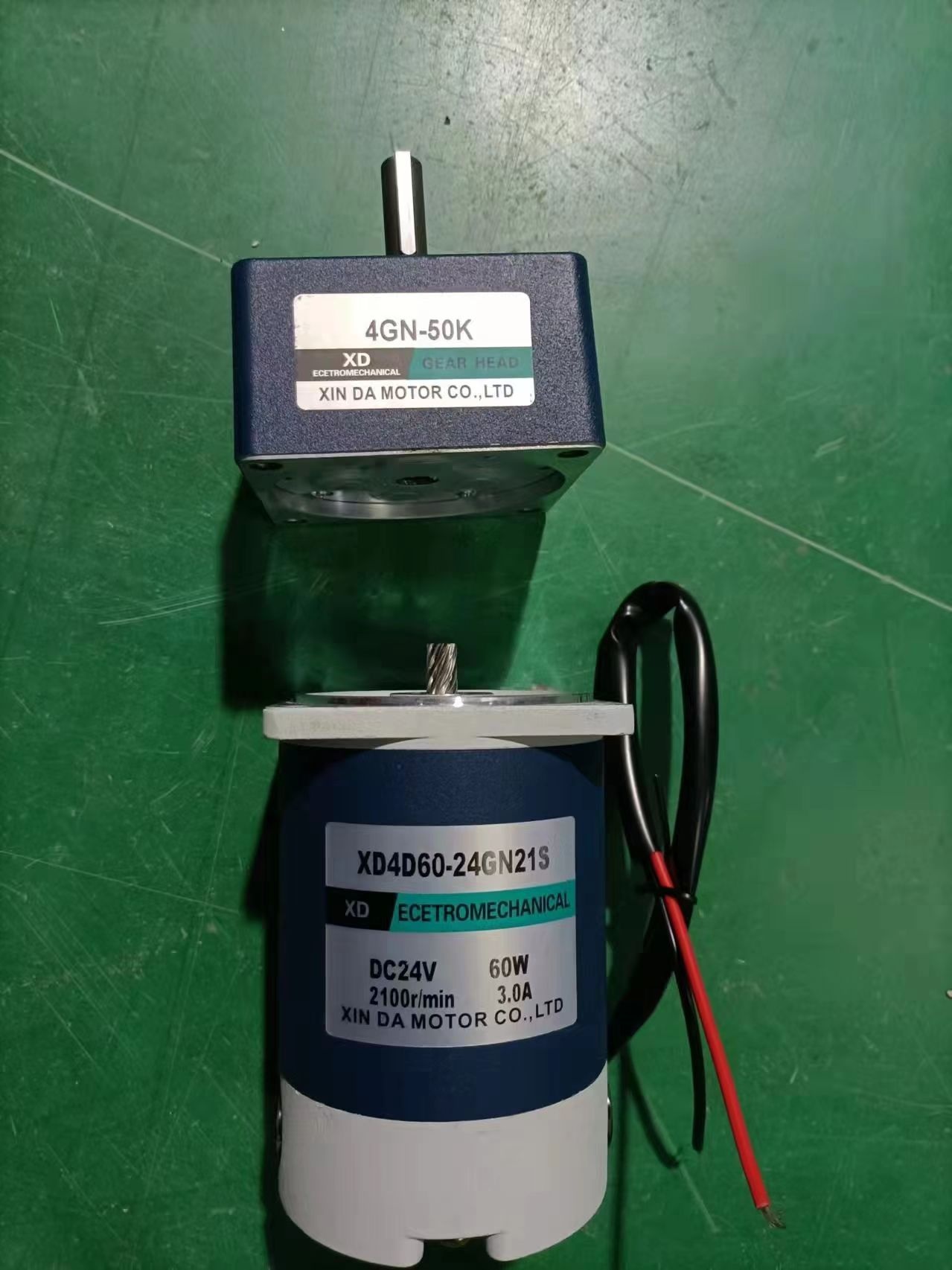
The quality and stability of electrical insulation materials are the basis for the normal operation of motors. The basic functions and working limits of motors depend, to a large extent, on the quality, type, and quantity of the insulation materials used. Excellent motor insulation materials and insulation technology play a key role in improving the performance cost ratio of motors and the total weight ratio of output power.
Motor insulation materials are most susceptible to deterioration or damage due to external factors. Once the insulation is damaged and a fault occurs, the motor will lose its due performance and may cause a larger equipment failure. Therefore, this is an influencing factor in the service life and safety and stability of the motor.
The technological development of welders has put new requirements on the insulation of electrical equipment, and the research and development and application of new insulation have promoted the improvement of motor technology, forming a trend of continuous advancement of insulation materials and insulation technology.
Different insulation levels of motor insulation materials correspond to different insulation performance requirements. The B-class, F-class, H-class performance requirements involved in motor products are one of the standards for products involving insulation materials.
From the analysis of the working performance of the motor winding, its function depends on the insulation of the electrical equipment on the one hand, and on the other hand it also depends on the drying effect of the winding. When the insulation material is disturbed by high temperature, corrosion and other factors, the original insulation characteristics of the insulation will change. Therefore, when selecting motor insulation, it is necessary to determine or quantitatively analyze the specific application conditions of the motor.



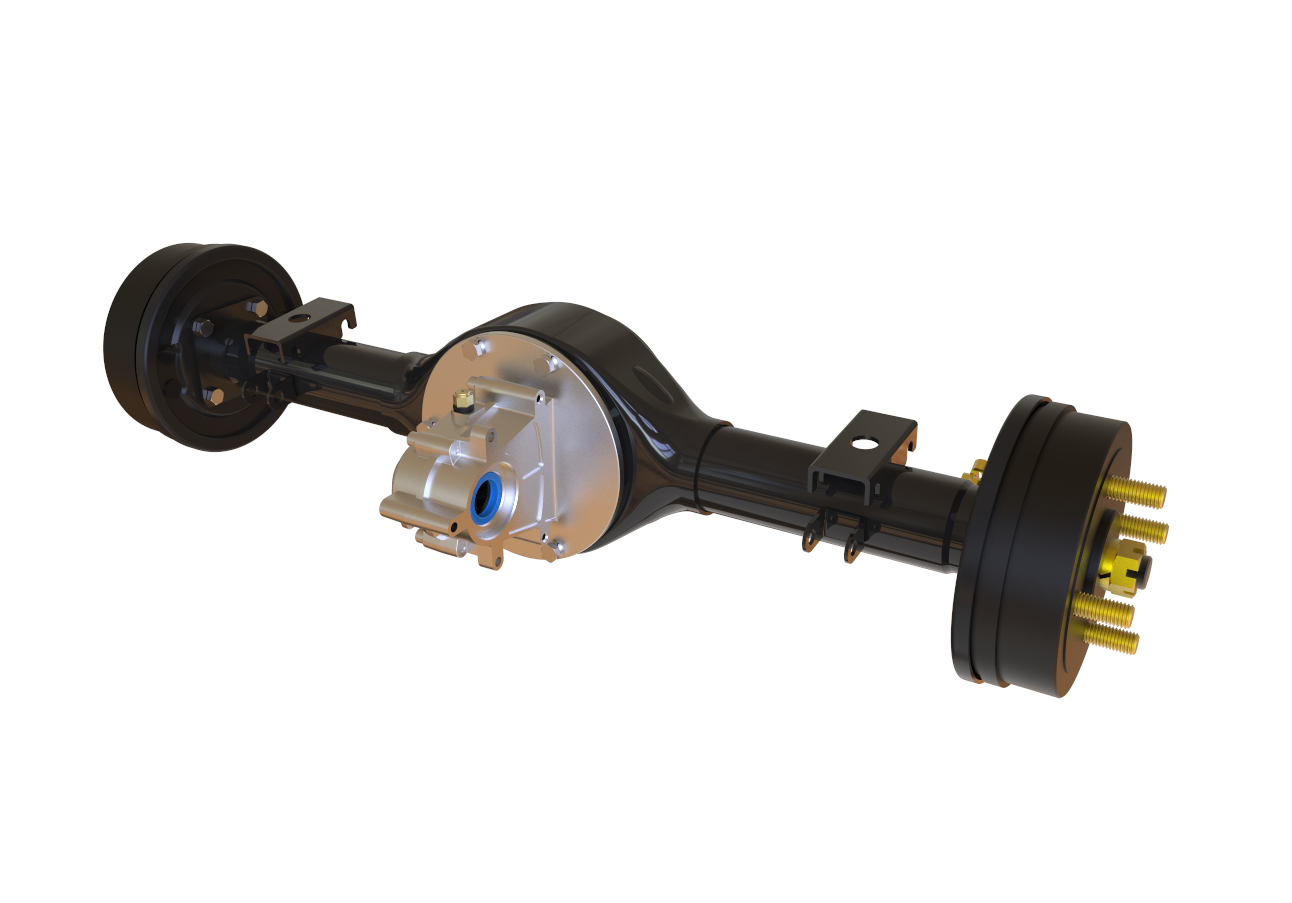
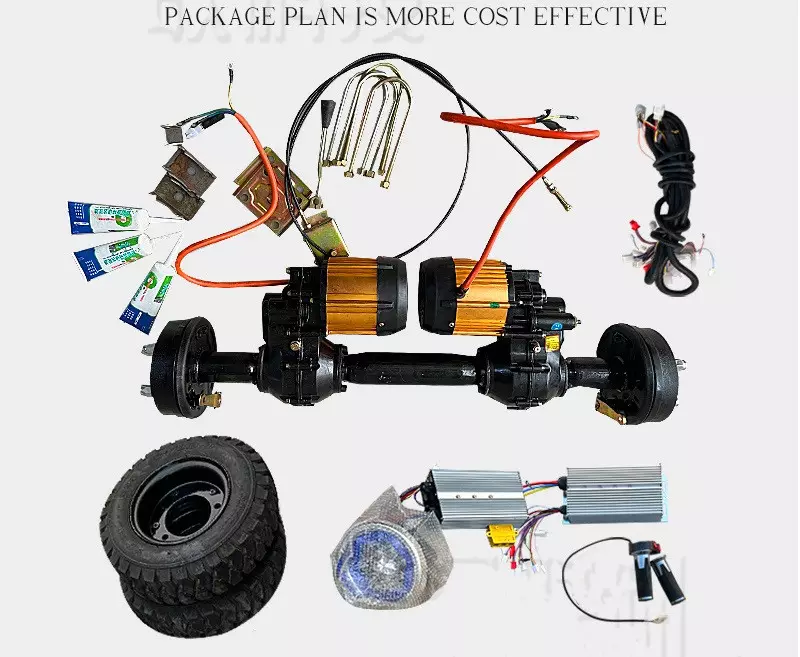

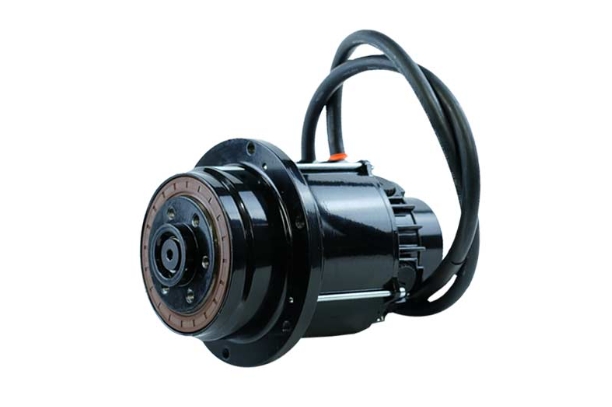
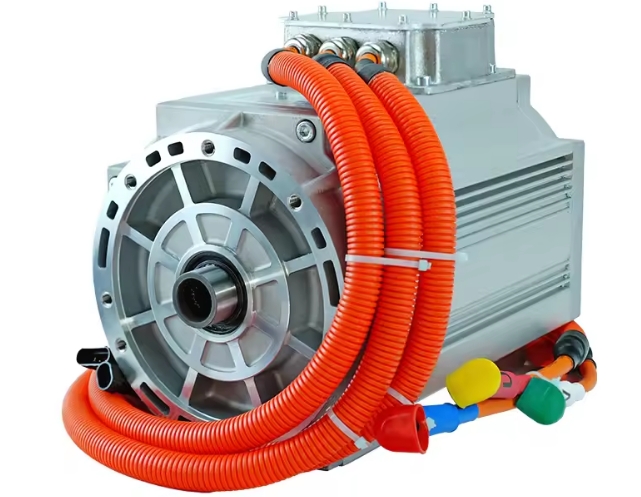
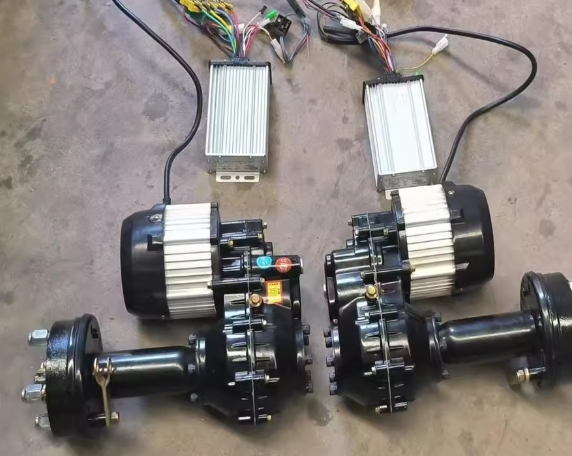
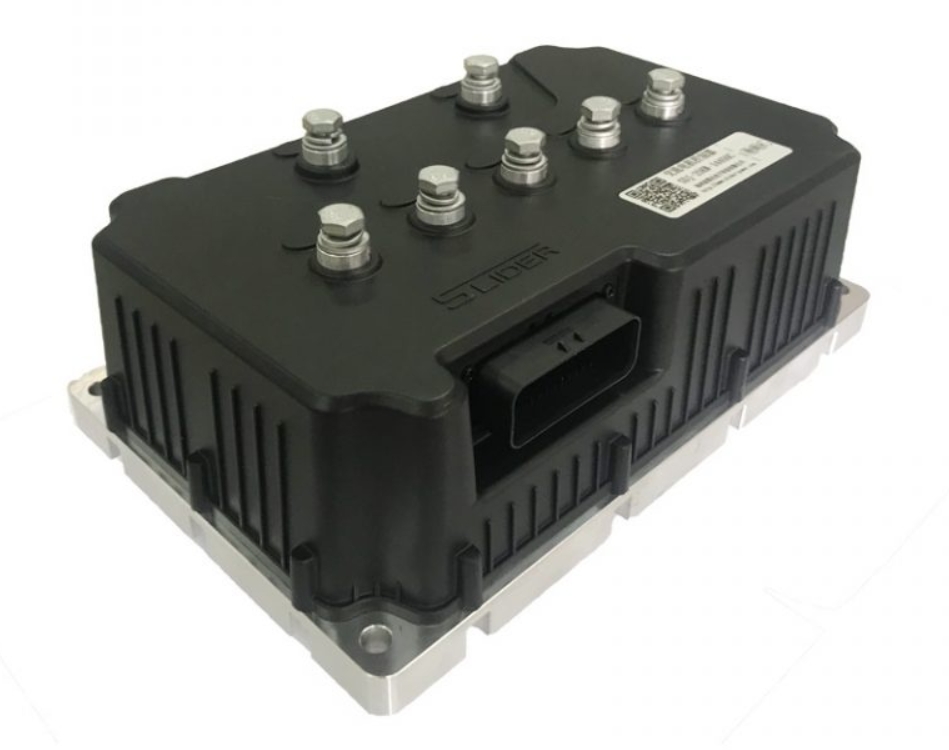

















 XINDA
XINDA